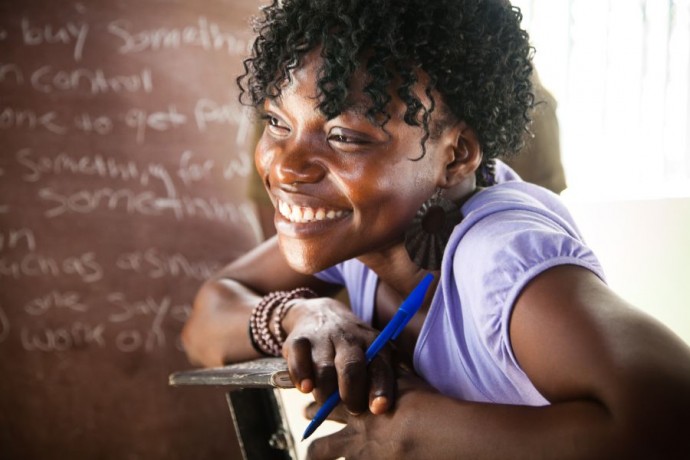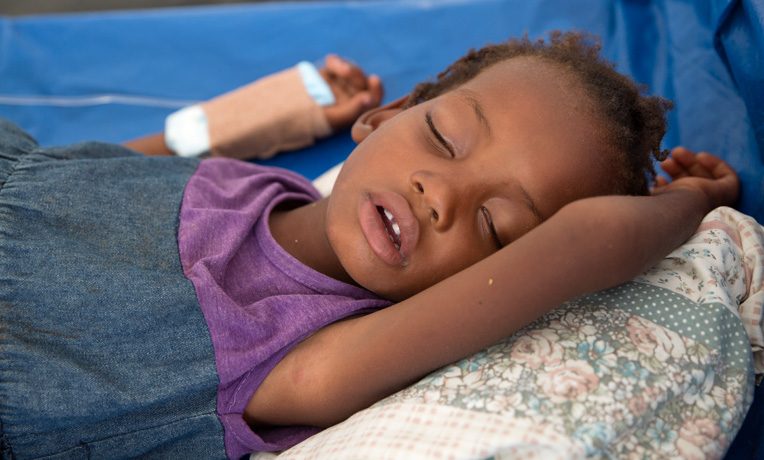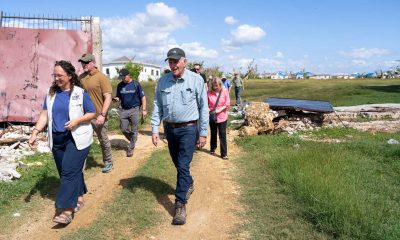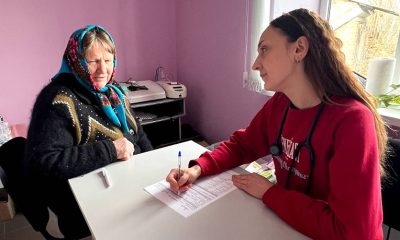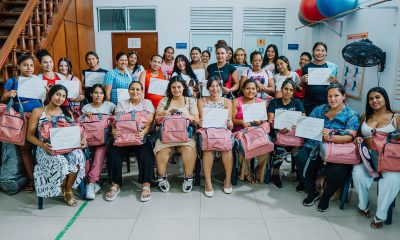Samaritan’s Purse responded immediately to Hurricane Matthew’s catastrophic damage on the southern peninsula of Haiti in October 2016. Under the leadership of Dr. Lance Plyler, emergency medical response advisor for Samaritan’s Purse, the team overcame significant obstacles to arrive at the seaside town of Chardonnieres to begin establishing a cholera treatment center. Dr. Plyler’s main concern was that a large outbreak of cholera would follow the loss of clean water supplies in the area. This was a well-founded concern. Not only was there cholera in Chardonnieres, but there was also information about a remote mountain location nearby that had lost dozens of people to cholera even before the hurricane. More importantly, the need for the Gospel there was great.
Dr. Plyler immediately made the difficult eight-hour roundtrip trek on foot in one day. In the mountain village of Rendel, he found numerous cholera patients being treated. That evening, his heart bursting with concern, Dr. Plyler directed Dr. Steve Haverly and me to “go to Rendel” and see if we could work with the people there to establish a remote cholera treatment center. Little did we know how difficult and faith-stretching this effort would be.
In an attempt to minimize the amount of equipment to be carried on the four-hour several mile hike, we planned for two days of food and basic supplies. Three Haitian porters accompanied us to a site in the hills above the village that had been used as a cholera treatment center before the hurricane. The porters then returned to Chardonnieres.
From this little base, with debris taken from the rubble, we erected a basic steel and concrete block hut that would provide protection during the heavy rains and hot sun. There was a nearby stream and rain water to get water to drink. We settled in.
Even though these surroundings were not entirely new to either Dr. Haverly or me, the number of significant obstacles in front of us was daunting. Back home, we were used to solving problems with our money, connections, a phone call, friends, and skills. Here in the remote mountains of Haiti, about all we had was faith and determination to follow God’s call and leading— “Go to Rendel.”
We had no translator, no real shelter, limited food, high heat, poor sleep, and limited communication. In the first two days, we experienced rejection of our offers of cooperative service, questions of whom to trust, lack of local government, safety concerns, and no local pastoral support. We were surrounded by numerous hungry people begging for food. We prayed and prayed some more.
God’s Provision in Rendel
As day three passed, Dr. Plyler encouraged us to keep pressing forward with our efforts in spite of little sign of improvement. Afternoon of day four provided a lift to us as a small mule and porter team brought us Samantha, Maranatha, and Clint—nurses and logistics help. They brought food, which we were out of, and a large tent with other supplies. Most importantly, Maranatha spoke French, our greatest need.
The next day, we began anew together in prayer and devotion to our cause. As Maranatha began the long work of communicating with the local nurses in Rendel, government officials, and the World Health Organization representative, walls began to come down, and acceptance was slowly achieved. As barriers arose over the next few days that were outside our control, we stopped and prayed. Sometimes we saw the answer to the issue in as little as 30 minutes. God graciously kept us from any major cultural blunders, and our health remained good.
In God’s timing, agreement to our setting up the clinic was achieved, and a team of nine mules and 15 porters delivered all the supplies necessary to treat cholera on this remote hillside. About 20 patients were immediately moved into the little tent city, and Haitian nurses worked side-by-side with our nurses. Eventually, this site was turned over to the Haitian nurses as our staff withdrew to the Chardonnieres treatment center.
In our lives as Christ-followers, I believe there are many small and large moments when God tells us to “Go to Rendel.” Rendel is the place God is calling us to, sometimes in ministry and sometimes in sanctification. We might know the why of going but have no idea about how it will get done.
We can’t take all of the things needed to ease our time in Rendel, but there are often things found in the rubble of the situation that God uses. We might find our skills and resources severely limited in Rendel. This is to purify our hearts, make us dependent on Christ, and mold our perspective. When God calls you, He will answer in His time. He will place all you need in Rendel; pray and wait for His provision as you faithfully walk in His way.
